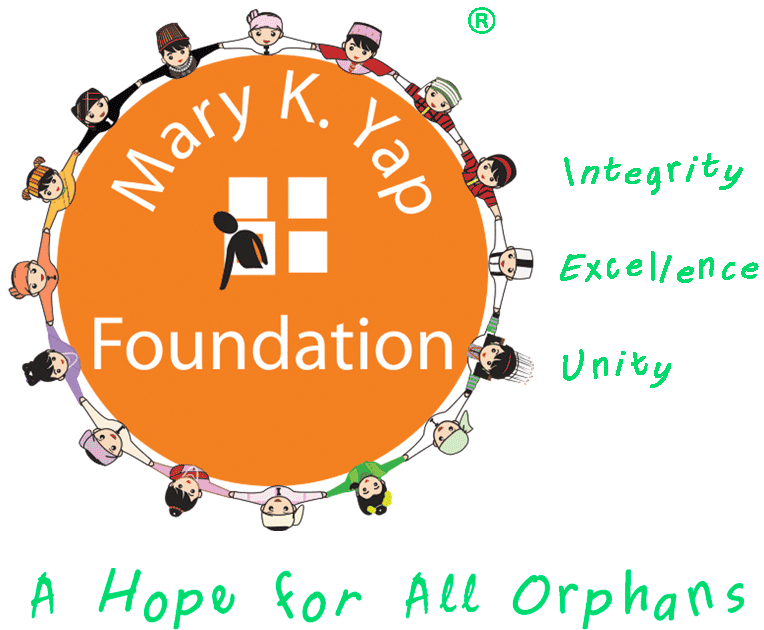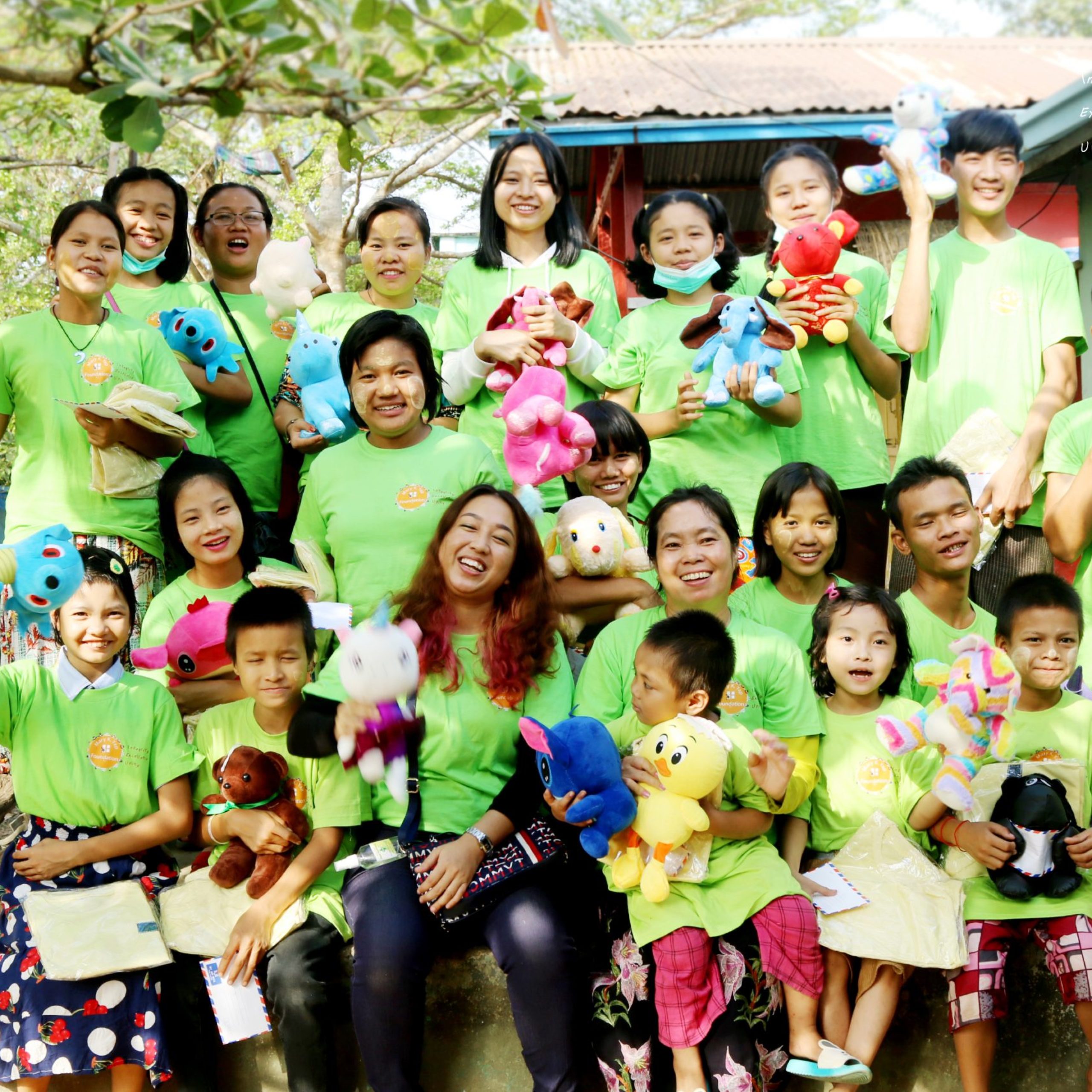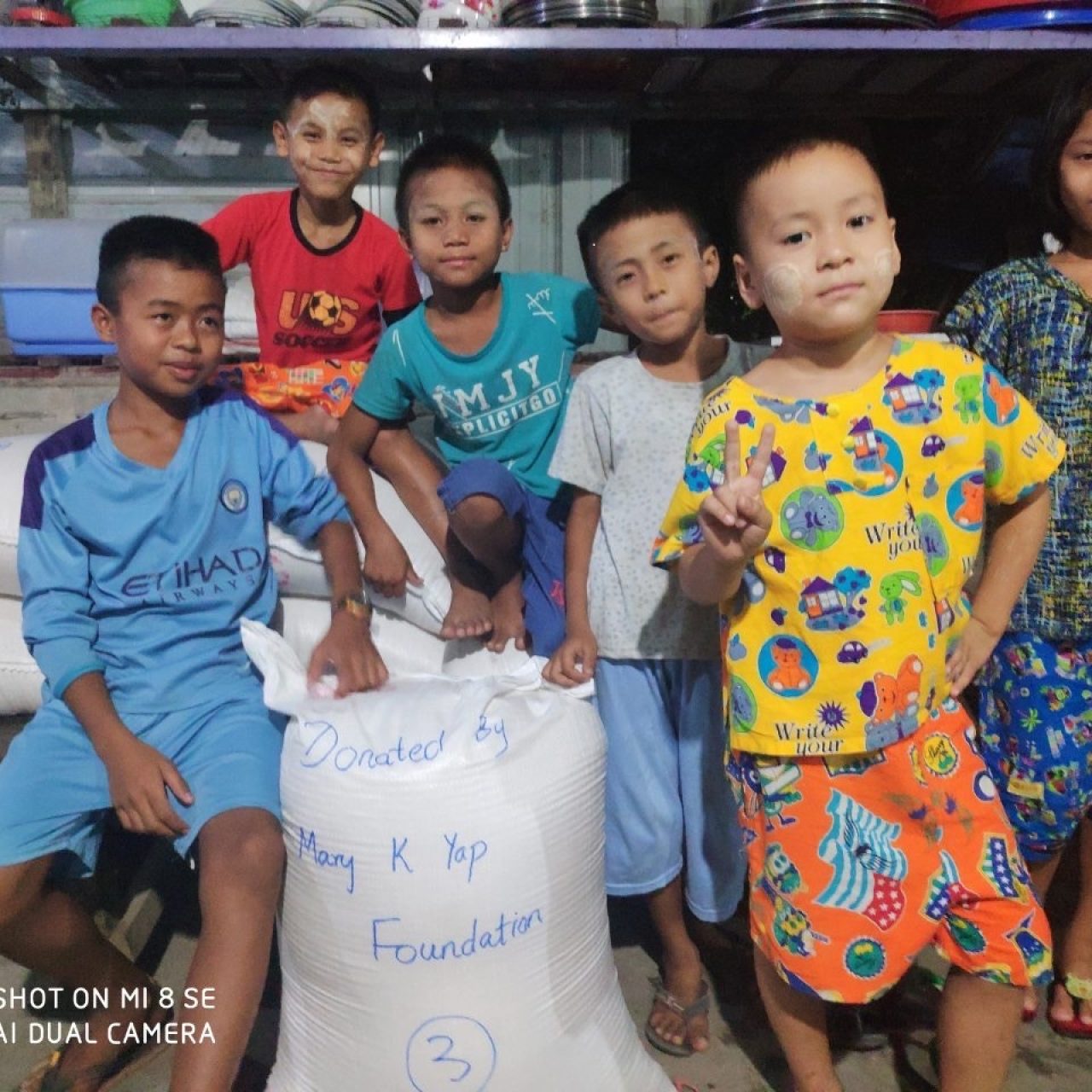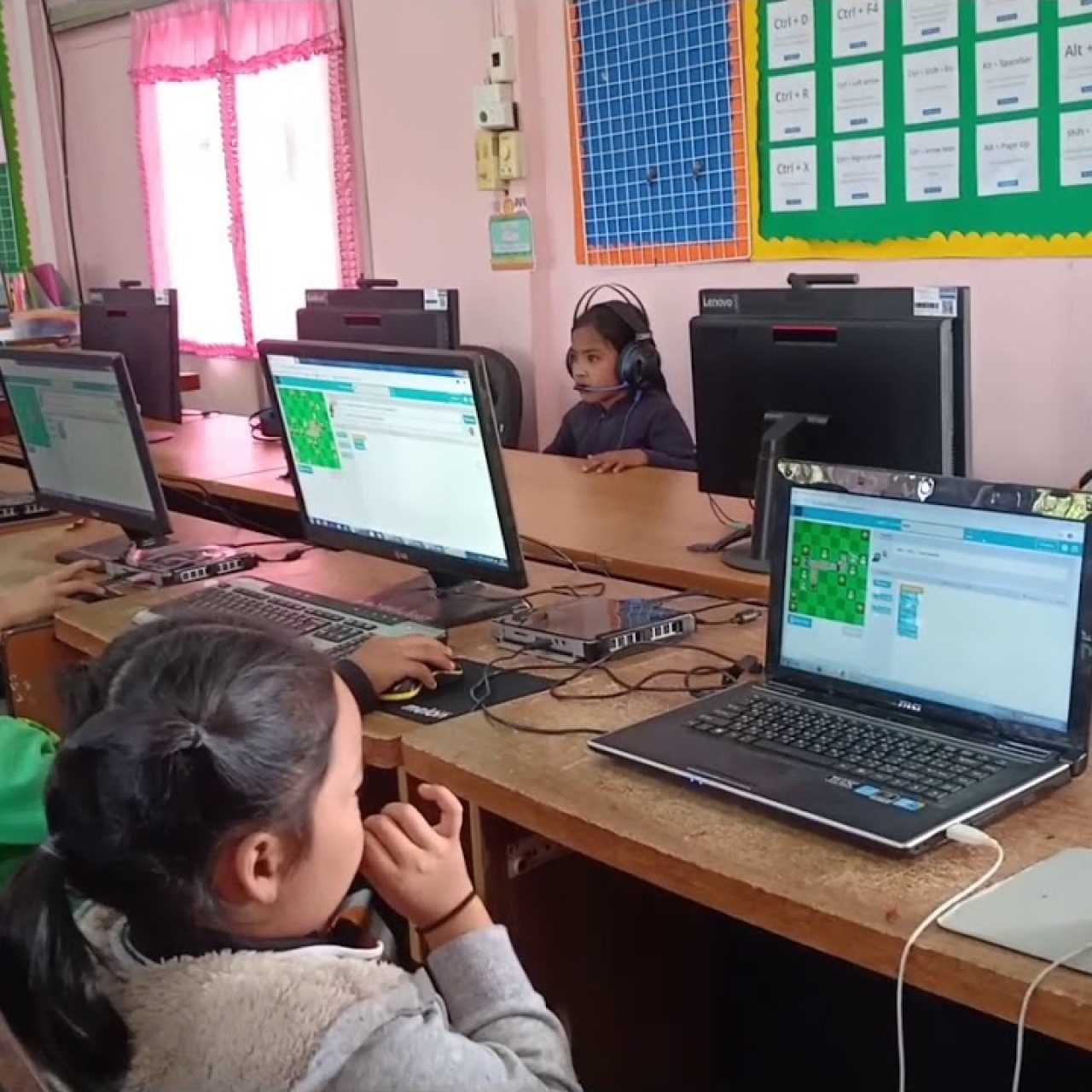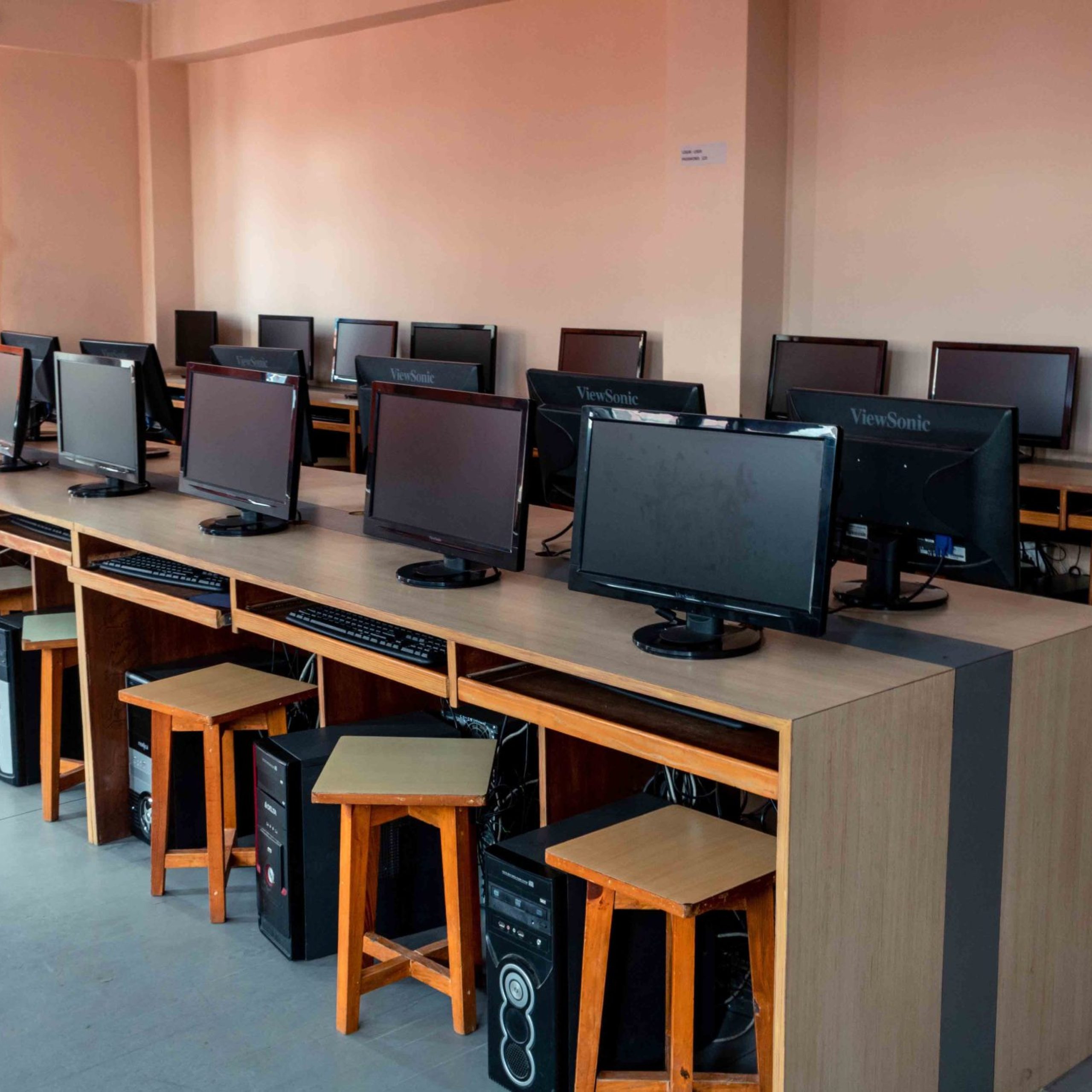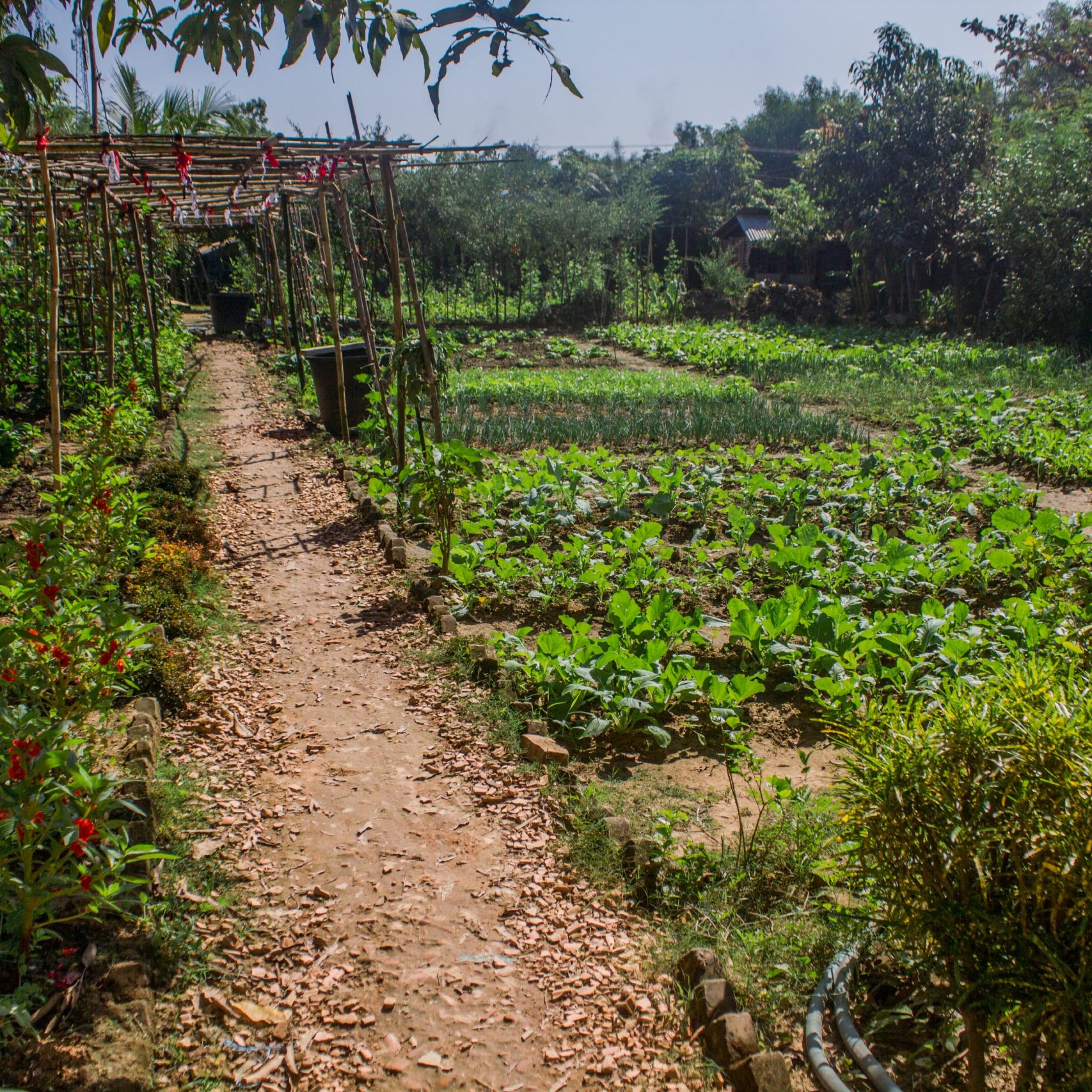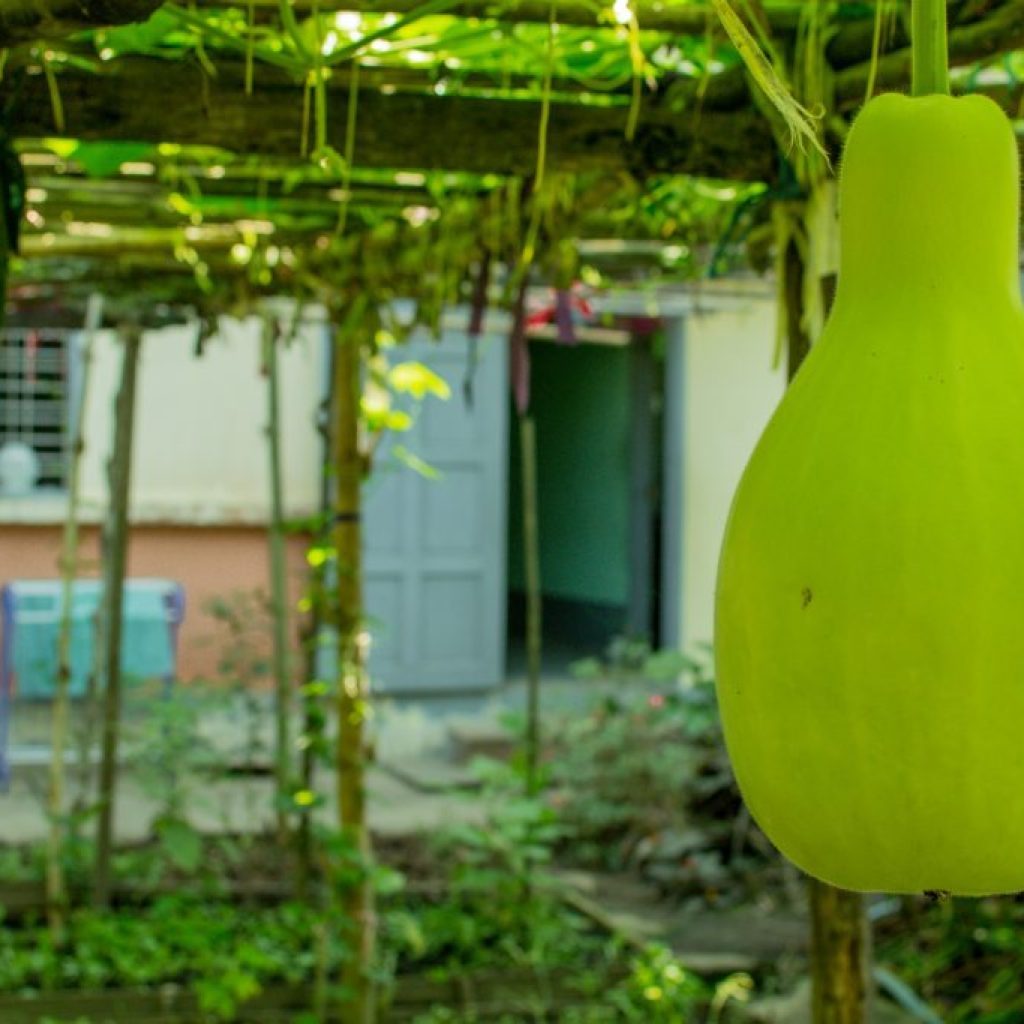
Goal #3: Good Health And Well-being
Impacting Lives by being Thorough, Accurate, and Reliable!
“Prioritizing health check practices in orphanages not only safeguards the well-being of every child but also nurtures a foundation of care, ensuring their physical and emotional resilience to thrive and flourish in a supportive environment.”
Dr. Nora Yang
Board Member, Mary K. Yap Foundation
Implementing a comprehensive health vaccination checklist for every orphan youth yields remarkable benefits and profoundly impacts their well-being and overall development. Firstly, ensuring every child receives proper vaccinations protects them from preventable diseases, promoting physical health and bolstering their immune systems. Adhering to a detailed vaccination schedule developed by our Foundation in collaboration with local and international health professionals, orphanages create a safe and healthy environment where children can thrive without the constant threat of vaccine-preventable illnesses. Our health checkup initiatives reduce the risk of serious health complications and minimize disruption to their education and daily lives, enabling them to focus on their personal growth and academic pursuits.
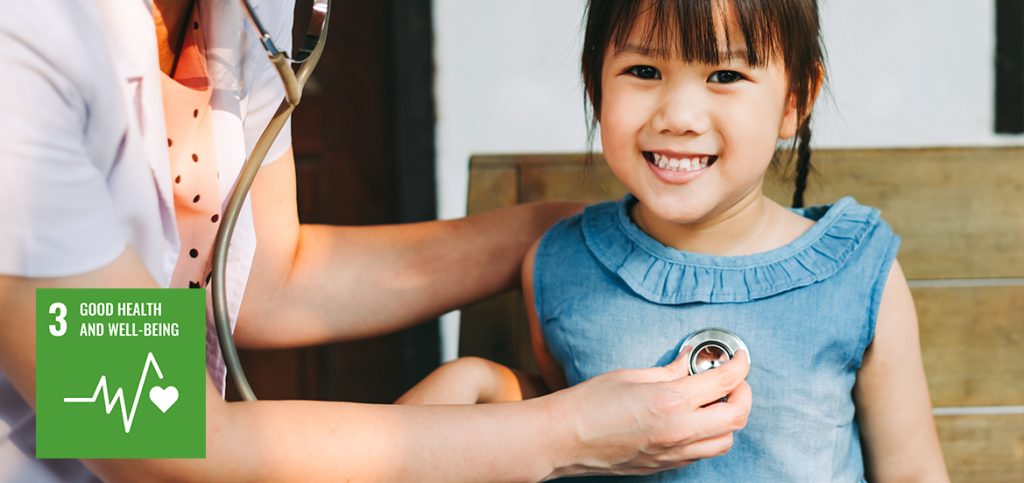
Secondly, a comprehensive health vaccination checklist instills a sense of security and fosters emotional well-being among orphan youth. Knowing that the children have received the necessary vaccinations cultivates a sense of protection and empowers them to engage confidently with their peers and the wider community. Moreover, it offers peace of mind to caregivers and staff, who can be assured that they provide the best possible care and safeguard every child’s health. This sense of security translates into increased resilience, self-assurance, and a positive outlook on life, enabling orphan youth to overcome challenges and embrace their full potential.
Implementing a proper health vaccination checklist for every orphan youth brings numerous benefits and profoundly impacts their physical and emotional well-being.
As part of our Foundation’s health check assessment initiatives, we prioritize vaccination requirements for the orphanages to create a basis of the groundwork for care and protection, allowing children to grow, learn, and thrive in a safe and nurturing environment. It safeguards their immediate health and ensures their long-term well-being, empowering them to lead healthy and fulfilling lives as they transition into adulthood. Here are some key impactful benefits from our dedicated efforts and the positive effects that amplify our Health Check initiatives program for these orphanages.
- Early Detection and Prevention: Regular health checks allow for the early detection of potential health issues among children residing in orphanages. Timely identification of medical conditions enables prompt intervention and treatment, significantly improving children’s health outcomes.
- Comprehensive Assessment: Health checks provide a holistic evaluation of a child’s overall health, including physical, mental, and emotional well-being. This assessment helps identify developmental delays, nutritional deficiencies, or other health concerns.
- Immunization Monitoring: Orphanages often care for children who may not have received adequate immunizations. Health checks can ensure that children are up-to-date with their immunizations, protecting them from preventable diseases and reducing the risk of outbreaks within the orphanage.
- Individualized Care: Health checks enable healthcare professionals to understand each child’s unique health needs and tailor care accordingly. This personalized approach helps address any specific health challenges or disabilities a child may have, ensuring they receive appropriate support and treatment.
- Health Education: Health checks offer an opportunity to educate caregivers and orphanage staff about health and hygiene practices. Training sessions can be organized to guide topics such as nutrition, hygiene, first aid, and disease prevention. This knowledge can be shared with the children, empowering them to better care for their health.
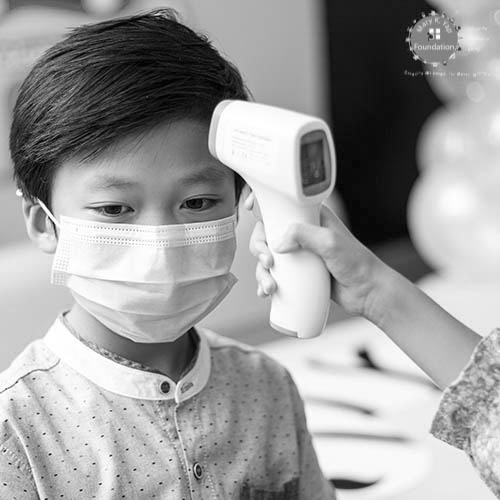

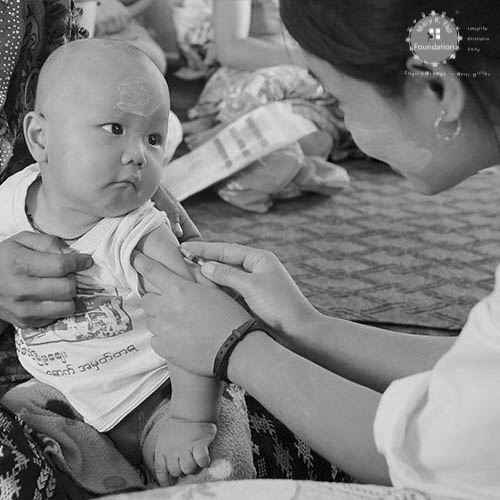



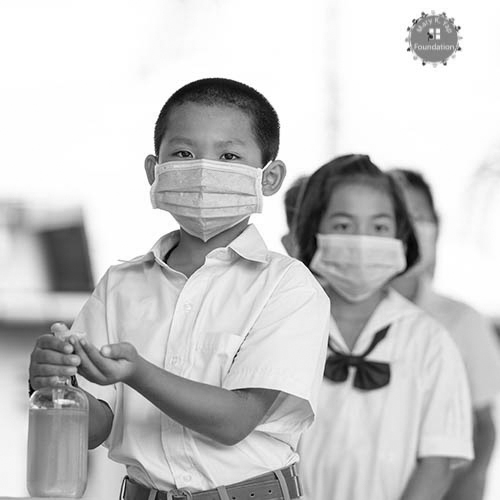

- Mental Health Support: Health checks can also include screenings for mental health conditions like anxiety or depression. Identifying and addressing mental health concerns early on is crucial for promoting overall well-being and supporting children who may have experienced trauma or loss.
- Documentation and Record-Keeping: Regular health checks ensure the establishment of accurate and up-to-date medical records for each child in the orphanage. These records can be shared with healthcare professionals, future caregivers, and adoptive families to ensure continuity of care and facilitate appropriate medical interventions.
- Long-Term Health Monitoring: Health checks contribute to the long-term monitoring of children’s health during their stay at the orphanage. By regularly assessing their growth and development, any emerging health issues can be identified and managed effectively, promoting their overall well-being.
- Collaboration with Healthcare Providers: Regular health checks encourage collaboration between orphanages and healthcare providers, such as doctors, nurses, and specialists. This partnership facilitates access to medical expertise, resources, and specialized care when needed, improving the health outcomes for children in orphanages.
Overall, health checks at orphanages promote early detection, preventive care, individualized treatment, and the overall well-being of the children. They empower caregivers, foster collaborations, and ensure compliance with legal and ethical responsibilities. By prioritizing children’s health, orphanages can contribute to their long-term physical, mental, and emotional development.
The United Nations Convention on the Rights of the Child (UNCRC) does not explicitly mention the right for a child to have health checks for vaccinations. The UNCRC recognizes and protects the right to the highest attainable standard of health for every child. This understanding includes ensuring access to healthcare services, preventive measures, and medical care for the child’s well-being.
The Mary K. Yap Foundation recognizes the active engagement of various international initiatives and organizations, such as the World Health Organization (WHO) and UNICEF, that work towards promoting and advocating for universal immunization and the importance of vaccinations for children’s health. These organizations emphasize the significance of immunizations in preventing diseases, reducing child mortality, and promoting overall health and well-being. While the UNCRC may not explicitly mention health checks for vaccinations, the right to health, as enshrined in the convention, implies the importance of providing comprehensive healthcare, including preventive measures such as vaccinations, to ensure the well-being and development of every child. Our Foundation takes enormous pride in facilitating with the National governments and INGO organizations to formulate policies and guidelines prioritizing health checks programs to protect children’s health and uphold their rights.
Goal #3: Good Health And Well-being
Impacting Lives Through Collective Fulfillment!
“Social Wellbeing in orphanages nurtures a sense of belonging, resilience, and a brighter future for every child, fostering a supportive community that uplifts and empowers them.”
Almaz Negash
Board Member, Mary K. Yap Foundation
When every orphan is socially inclined and actively participates in outside youth activities, such as singalongs, holiday celebrations with volunteers, and other engaging events, numerous benefits and positive impacts emerge. Firstly, these activities provide a sense of belonging and connection to a broader community. Often lacking traditional family structures, orphans find solace and support in interacting with volunteers and peers during singalongs and holiday celebrations. These experiences foster a sense of inclusion, reduce feelings of isolation, and cultivate a supportive network, enhancing their social wellbeing.

Moreover, participating in outside youth activities exposes orphans to new experiences, perspectives, and opportunities for personal growth. Singalong events and holiday celebrations organized by our Foundation provide enjoyment and promote the development of social skills, self-expression, and self-confidence. Engaging with volunteers and other participants encourages communication, teamwork, and forming meaningful relationships. These interactions broaden their horizons, expand their social networks, and foster a sense of empowerment, enabling them to navigate social dynamics with greater ease and adaptability.
The impact of these activities extends beyond the immediate moments of joy and connection.
Socially inclined orphans develop resilience by embracing diverse experiences and adapting to new environments. They acquire life skills, cultural awareness, and a sense of belonging that can positively influence their personal development and future opportunities. By actively participating in outside youth activities, orphans gain a stronger sense of identity, discover their unique strengths, and build a foundation of social wellbeing that contributes to their overall happiness and well-rounded development. Here are some key impactful benefits from our dedicated efforts and the positive effects that amplify our social wellbeing initiatives program for these orphanages.
- Foster a sense of belonging: One of the primary goals is to create an environment where children feel a sense of belonging and acceptance. By nurturing positive relationships with caregivers and peers, children can develop a support system and feel connected to others, reducing feelings of isolation.
- Emotional and psychological development: Social interactions provide emotional expression, empathy, and understanding opportunities. By encouraging healthy relationships, children in orphanages can develop emotional resilience, self-esteem, and a positive self-identity. These factors contribute to their overall psychological wellbeing.
- Social skills development: Orphanages can help children develop essential social skills for successful interpersonal interactions. Children can acquire the necessary tools to build healthy relationships and navigate social situations by promoting teamwork, cooperation, effective communication, and conflict resolution.
- Peer support and friendship: Orphanages can facilitate the formation of companionship and peer support networks among children. Positive relationships with peers can provide emotional support, increase self-confidence, and promote a sense of camaraderie and mutual understanding.











- Sense of community: Orphanages can create a supportive environment where children and caregivers work together to develop a sense of belonging and purpose. This shared community can enhance the overall wellbeing of children by providing a supportive network and promoting a positive collective identity.
- Educational and vocational opportunities: Social connections at orphanages can open doors to educational and vocational opportunities. By building networks within the community, children may gain access to scholarships, mentorship programs, internships, and vocational training that can empower them to succeed academically and professionally.
- Long-term support and aftercare: Social wellbeing at orphanages can extend beyond the immediate stay. By building lasting connections and support networks, orphanages can continue to provide guidance and assistance during the transition to independent living, ensuring that children have ongoing support as they navigate adulthood.
- Prevention of social issues: By focusing on social wellbeing, orphanages can help prevent social issues such as loneliness, depression, substance abuse, and delinquency. Strong social connections and support systems act as protective factors and contribute to healthier outcomes for children in care.
In summary, the benefits are manifold when every orphan is socially inclined and engages in outside youth activities like singalongs and spending holidays with volunteers. They experience a sense of belonging, form meaningful connections, develop social skills, and broaden their horizons. The impact of these activities goes beyond the immediate social interactions, fostering resilience, personal growth, and a foundation for lifelong social wellbeing. These experiences nurture their emotional wellbeing, promote positive social integration, and equip them with the tools to thrive in diverse social contexts, leading to a more fulfilling future.
The United Nations Convention on the Rights of the Child (UNCRC) recognizes and promotes the right of every child to social interaction, supportive relationships, and a sense of community engagement. While the UNCRC does not explicitly mention “social inclination,” it upholds the broader principles that foster social wellbeing and development for children.
Article 31 of the UNCRC acknowledges the right of the child to engage in play, recreational activities, and participation in cultural life. These provisions emphasize the importance of social interactions, friendships, and community engagement as fundamental aspects of a child’s development. Additionally, Article 23 of the UNCRC highlights the right of disabled children to enjoy a full and decent life in conditions that ensure dignity, promote self-reliance, and facilitate their active participation in the community. This article highlights the significance of supportive relationships, social integration, and community engagement for children with disabilities, emphasizing the importance of social interaction and inclusion. While the UNCRC may not explicitly outline the right to be socially inclined, it establishes a comprehensive framework that safeguards children’s overall wellbeing, development, and freedoms, including social interactions, supportive relationships, and community engagement. The Mary K Yap Foundation wholeheartedly adheres to the principle that governs Article 31 of the UNCRC and commits fully to the social wellbeing of every orphan child that we are entrusted with the responsibility to care for and shelter.
